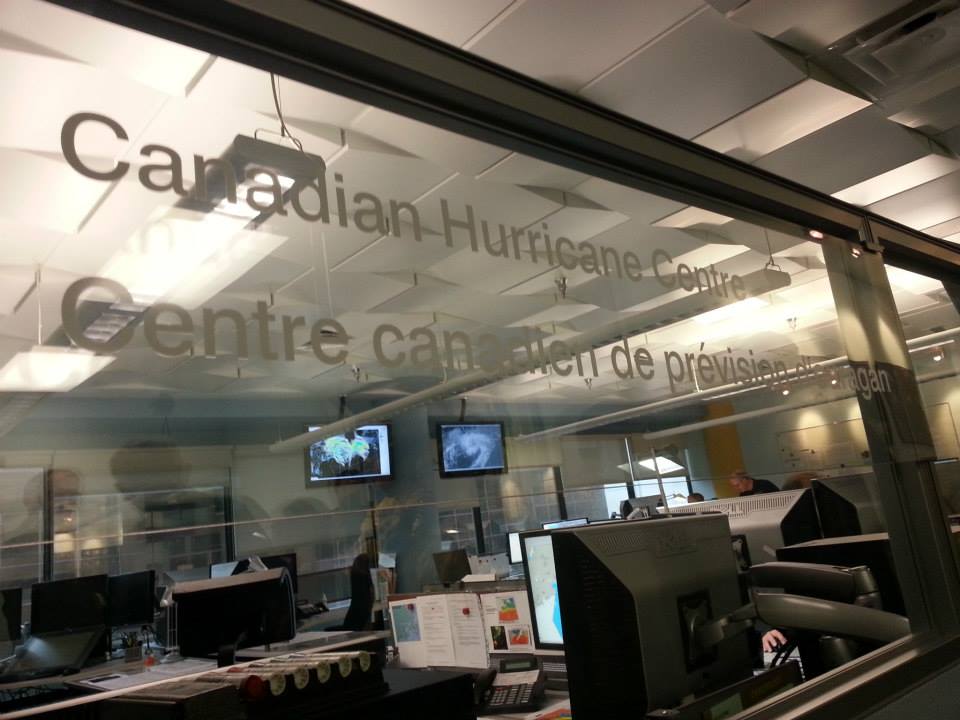
When most people think of hurricanes, they imagine the powerful storms that sweep through the Caribbean and the southeastern United States. However, hurricanes also pose a significant threat to Canada, particularly in the Atlantic provinces. To address this threat, Canada has its own dedicated agency: the Canadian Hurricane Centre (CHC). But what exactly is the CHC, what role does it play in hurricane forecasting, and why is it so important for Canada to have its own hurricane centre, even with the presence of the U.S.-based National Hurricane Center (NHC)?
The CHC is a division of Environment and Climate Change Canada (ECCC) that specializes in monitoring, predicting, and providing warnings for tropical cyclones that could impact Canadian territory. Based in Dartmouth, Nova Scotia, the CHC is Canada’s go-to authority for all things related to hurricanes and tropical storms. It plays an important role in ensuring that Canadians, particularly those in the Atlantic provinces, are well-informed and prepared for the potential impacts of these powerful storms.
Established in 1987, the CHC was created in response to the growing recognition that hurricanes can and do impact Canada, often with devastating consequences. Over the years, the CHC has evolved to become a vital part of Canada’s weather forecasting infrastructure, working closely with the National Hurricane Center (NHC) in the United States and other international meteorological organizations to monitor and predict hurricane activity.
The CHC is responsible for monitoring and forecasting the potential impacts of tropical cyclones on Canadian territory. This includes not only hurricanes but also tropical storms, post-tropical storms, and other weather systems that can result from or be influenced by these storms.
The CHC’s primary role in hurricane forecasting involves:
While the NHC is responsible for forecasting hurricanes throughout the entire Atlantic basin, Canadian forecasts become particularly important when a storm is likely to impact Canadian territory. The Canadian Hurricane Centre focuses on the unique challenges that hurricanes pose to Canada’s geography and population.
Canadian forecasts are critical in the following scenarios:
You might wonder why Canada needs its own hurricane centre when the NHC in the U.S. already covers the Atlantic basin. The answer lies in the unique needs and challenges of forecasting hurricanes in Canada.
While the NHC provides excellent coverage and forecasting for the entire Atlantic basin, including storms that might impact Canada, the CHC focuses specifically on how these storms will affect Canadian territory. The CHC has expertise in the particular challenges posed by Canada’s geography, climate, and infrastructure, which can differ significantly from those in the U.S.
For example:
The Canadian Hurricane Centre is an essential part of Canada’s weather forecasting system, providing crucial information and warnings about tropical cyclones that could impact Canadian territory. While the NHC in the U.S. covers the broader Atlantic basin, the CHC’s focus on Canadian conditions ensures that Canadians receive the most accurate and relevant information possible when hurricanes or tropical storms threaten. By monitoring storms, issuing warnings, and educating the public, the CHC plays a vital role in keeping Canadians safe during hurricane season.